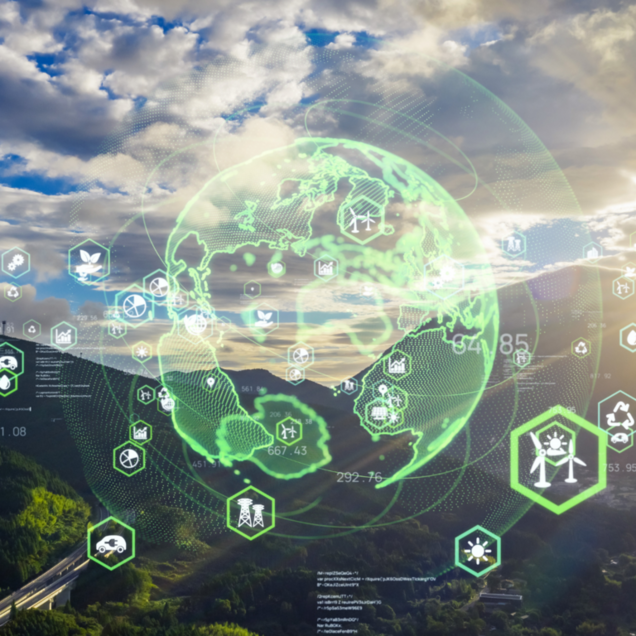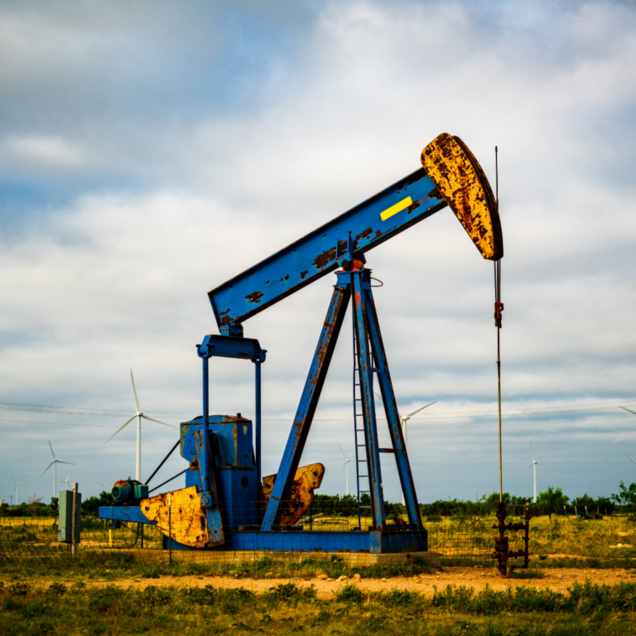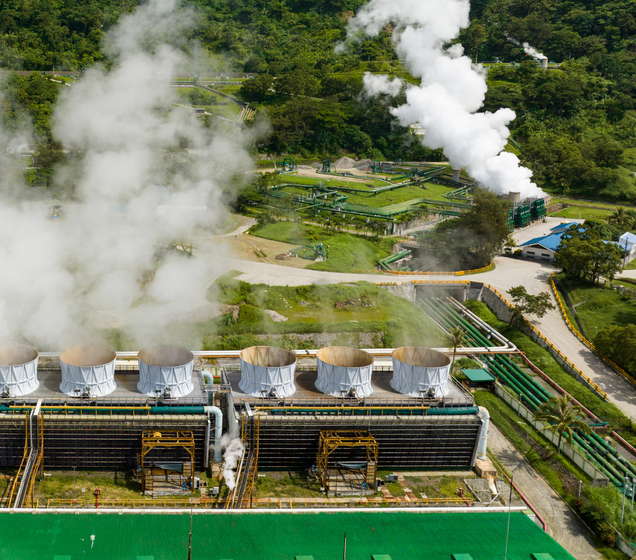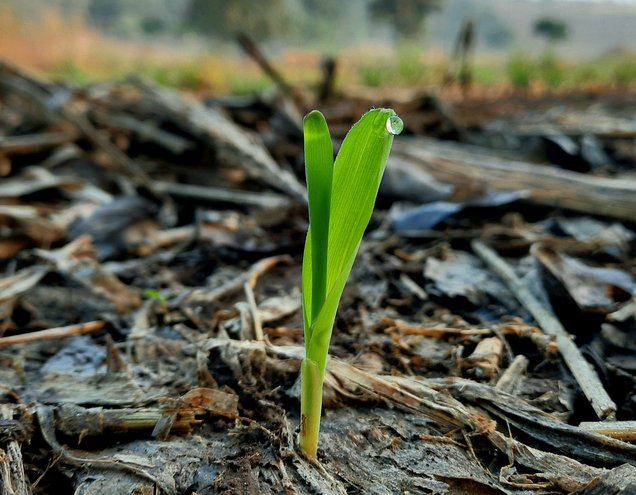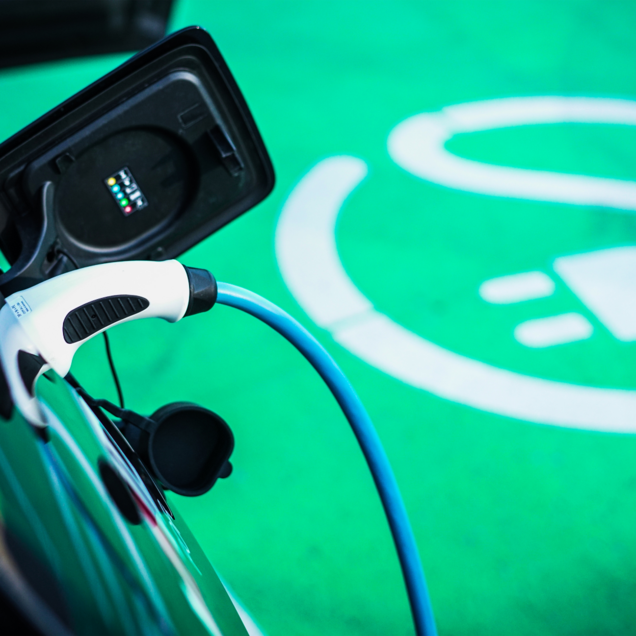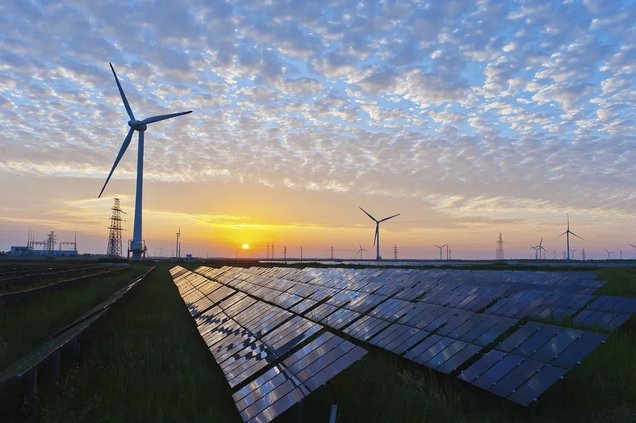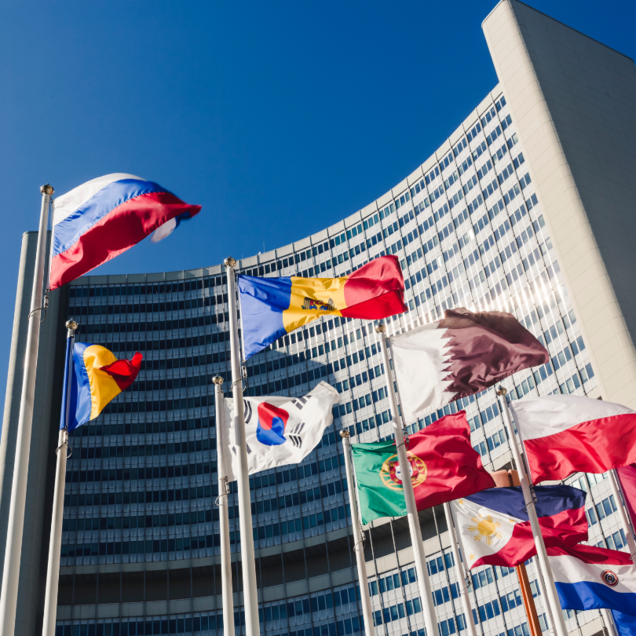Dates Wintersemester 2024/25
| 07.11.2024 | 17:30 | The World According to My Dad - Global Home Essay | Jiří Svoboda | WebEx & Studienzentrum HS 3 |
| 14.11.2024 | 17:30 | The UN Framework Convention on Climate Change - History, Functioning, Impact. | Renate Christ | WebEx & Studienzentrum HS 3 |
| 21.11.2024 | 17:00 | Challenges of photovoltaic expansion and grid utilization | Thomas Kienberger | WebEx & Studienzentrum HS 3 |
| 28.11.2024 | 17:30 | Car sharing - greenwashing or an effective contribution to more climate-friendly mobility? | Katharina Mayer & Götz Meister | WebEx & Studienzentrum HS 3 |
| 04.12.2024 | 17:30 | shift4Water - Sustainable Water Solutions for Agroforestry: A Project Review (English) | Christopher Gradwohl | WebEx & Studienzentrum HS 3 |
| 12.12.2024 | 17:30 | Geothermal energy for the future of energy supply | Falko Bethmann | WebEx |
| 16.01.2025 | 17:30 | TRANSGEO - Utilization of disused boreholes for geothermal energy | Hannes Hofmann | WebEx |
| 23.01.2025 | 17:30 | Climate change, shortage of raw materials, food supply bottlenecks, national debt - a scenario for the year 2050 | Michael Has | WebEx |
23.01.2025: Climate change, shortage of raw materials, food supply bottlenecks, national debt - a scenario for the year 2050
Michael Has
Abstract
Media reporting on the topic of sustainability is dominated by climate change and its consequences. However, the socio-ecological system is not only threatened by the changing climate - current and emerging bottlenecks in the supply of raw materials, the supply of food (due to soil erosion and the finite nature of fertilizer supplies) and the indebtedness of countries will also be phenomena in the coming years. An attempt will be made to describe the consequences of these developments for the period around 2050 in a generally understandable way and to discuss measures.
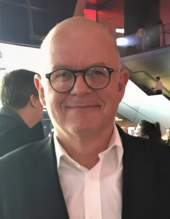
Prof. Michael Has studied physics at the University of Regensburg, where he received his doctorate with a thesis in biophysics. He started his career at Fogra in industrial research and was the first technical secretary of the International Color Consortium (ICC). After working at Océ, where he held senior positions in research, development and marketing, he qualified as a professor at the University of Grenoble in 1998, where he teaches business strategy and sustainability as a Distinguished Professor. He has been a partner in a management consultancy in Düsseldorf since 2022.
Abstract
Hydrocarbon extraction in Europe has been in decline for years, leaving behind a large number of deep wells. At the same time, there is a need to switch to alternative energy sources, especially for heat supply. As a result, there is growing interest in reusing hydrocarbon wells for geothermal energy production as a building block of the energy transition. The re-use of existing wells is sustainable, promotes the economy and structural change in former mining and hydrocarbon production regions (often in structurally weak rural areas) and significantly reduces development costs and the discovery risk compared to new wells. To facilitate the re-use of existing boreholes, we are developing a set of tools and guidelines as part of the TRANSGEO regional development project to assess and reduce the technical and financial potential and risks of geothermal re-use projects. We have created a database of boreholes in regional sedimentary basins in five Central European countries (Austria, Croatia, Germany, Hungary and Slovenia) as a basis for an online application for the selection of boreholes suitable for geothermal remediation. Furthermore, technical workflows for the application of five geothermal technologies were created based on literature and numerical modeling studies. In addition, the legal situation in the five partner countries was compared and socio-economic aspects of subsequent use were analyzed alongside economic aspects. Finally, the project resulted in a strategy paper and action plans.
Based on the results of TRANSGEO so far, individual aspects of the re-use of hydrocarbon wells for geothermal purposes will be presented in the lecture.

Prof. Dr. Hannes Hofmann is a reservoir engineer with more than 10 years of experience in applied geothermal research. Since completing his PhD in Petroleum Engineering at the University of Alberta in Edmonton (Canada) in 2015, he has mainly been working on issues relating to the safe and sustainable use of petrothermal geothermal energy. Since 2020, he has headed the Helmholtz Young Investigator Group “Advanced reservoir engineering concepts for a controlled utilization of deep geothermal energy in urban areas” at the GFZ Helmholtz Centre for Geosciences in Potsdam and since 2021 he has been a Junior Professor of Reservoir Engineering at the Technical University of Berlin. Among other things, he is currently leading the INTERREG Central Europe project “TRANSGEO - Transforming abandoned wells for geothermal energy production”, which will be the subject of his presentation.
Abstract
Geothermal energy, which uses heat from the earth's interior, has great potential for sustainable energy supply. Its advantages lie in its continuous availability, independence from weather conditions and low environmental impact compared to fossil fuels. However, there are also risks associated with the use of geothermal energy, particularly in the case of deep geothermal energy. These include induced seismicity and high investment costs. Geothermal energy is used worldwide in various forms, from direct use for heat supply to electricity generation. Despite the existing challenges, geothermal energy is a promising technology to accelerate the transition to a sustainable energy supply, but requires further research and development. This presentation will look at the latest developments in deep geothermal energy, the technical challenges and how these can be overcome to make a significant contribution to the energy transition.

Dr. Falko Bethmann has been Head of Seismic Risk & Monitoring at Geo-Energie Suisse AG since 2022, where he manages geothermal projects worldwide and focuses on measurement technology and risk mitigation. He previously worked as a seismologist and specialist engineer at the same company from 2011 to 2021. His academic career includes a PostDoc position and PhD at ETH Zurich, where he set up a seismic monitoring network for nuclear power plants and conducted research in the field of geothermal energy. Prior to this, he studied geophysics at the LMU Munich. He also has practical experience as a field engineer at Schlumberger in Egypt. Falko Bethmann has authored over 50 scientific publications and conference papers on geothermal energy, its monitoring and risk mitigation.
04.12.2024: shift4Water - Sustainable Water Solutions for Agroforestry: A Project Review
Christopher Gradwohl
Abstract
The energy transition will completely change the structure and operation of our energy systems. Most experts agree on this. But what is the best way to manage this transformation? Energy self-sufficiency, energy communities, hydrogen and grid expansion are just some of the terms being bandied about in this context. In his presentation, Thomas Kienberger will first outline the framework conditions for the transformation of energy systems and apply them to the situation in Austria. He will then address current challenges and present current solutions from research - both in terms of the further development of the high-level grid infrastructure and with regard to the system integration of private PV systems, heat pumps, battery storage and electric cars. This much can be said in advance: Storage or high-voltage lines? We will need both!
Note: This talk will be held in English.
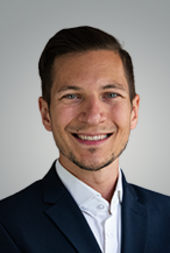
Christopher Gradwohl earned his Master’s degree in Industrial Energy Engineering from Montanuniversität Leoben in 2020. He began his career in 2014 at Uptime Engineering GmbH, working as a data analyst in reliability engineering for renewable power plants, a role he held until October 2020. Since then, he has been a research associate and PhD candidate at the Chair of Energy Network Technology at Montanuniversität Leoben. In this role, he has contributed as a project associate and laboratory coordinator for the innovation network NEFI (New Energy for Industry), which aims to demonstrate a pathway toward decarbonising the manufacturing and energy-intensive industries.
In 2022, Christopher Gradwohl joined shiftTanks to lead the shift4Water Project, working with a team of students from Montanuniversität to bring its impactful vision to life.
28.11.2024: Car sharing - greenwashing or an effective contribution to more climate-friendly mobility?
Katharina Mayer & Götz Meister
Abstract
Car sharing, the shared use of vehicles, is still stuck in an ecological niche decades later, with a per mille share of the total vehicle fleet in Austria, Germany and other European countries. Why? Götz Meister, who has been active in the field of car sharing in the German state of Saxony-Anhalt for almost 20 years, and Katharina Mayer, Head of Combined Mobility at Holding Graz, will examine this problem and present the current state of transport science. While Götz Meister will provide insights into the everyday life of a large car-sharing organization, Katharina Mayer will explain the integration of car-sharing systems and public transport using the example of “tim - täglich. intelligent. mobil.” from Holding Graz and discuss the findings.

Dr. Götz Meister is a board member of the association “Verkehrswende in kleinen Städten” e.V. in Halle (Saale), Germany. He has been a member of the regional management team at teilAuto-Carsharing Sachsen-Anhalt / Mobility Center GmbH since 2008. Prior to this, he was a research assistant at the Independent Institute for Environmental Issues (UfU) in Halle-Berlin from 1996 to 2007. Götz Meister completed a Master's degree in European Environmental Management (EAEME) at the Fondation Universitaire Luxembourgeoise in Arlon (Belgium) and the École Polytechnique Fédérale de Lausanne (Switzerland) from 1994 to 1995. He received his doctorate in sciences in 1994. He studied chemistry from 1985 to 1994 at the Martin Luther University Halle-Wittenberg and the Université de Neuchâtel (Switzerland).
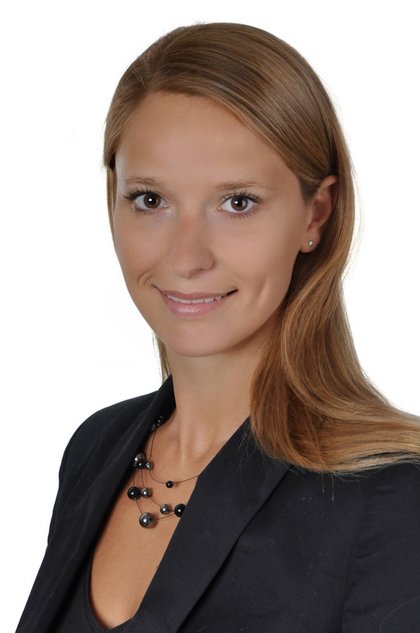
Katharina Mayer, MA, studied business administration with a focus on tourism at Modul University in Vienna. She then worked for 10 years at the sports and event agency e|motion management in Graz and Vienna, where she helped organize the Erste Bank Open tennis tournament at the Wiener Stadthalle. More than 3 years ago, she changed industries and has been responsible for the further development of tim with her team ever since.
Abstract
The energy transition will completely change the structure and operation of our energy systems. Most experts agree on this. But what is the best way to manage this transformation? Energy self-sufficiency, energy communities, hydrogen and grid expansion are just some of the terms being bandied about in this context. In his presentation, Thomas Kienberger will first outline the framework conditions for the transformation of energy systems and apply them to the situation in Austria. He will then address current challenges and present current solutions from research - both in terms of the further development of the high-level grid infrastructure and with regard to the system integration of private PV systems, heat pumps, battery storage and electric cars. This much can be said in advance: Storage or high-voltage lines? We will need both!
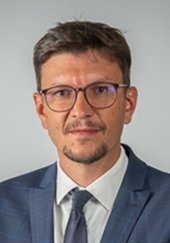
Prof. Thomas Kienberger has been Professor and Head of the Chair of Energy Network Technology at the University of Leoben since 2014. He specializes in integrated energy systems. The main aspects of his research and teaching are interdisciplinary, systemic approaches to integrating renewable energy and increasing overall systemic energy efficiency. Since 2018, he has been a member of the steering group of the New Energy For Industry - NEFI flagship region and head of the NEFI_lab. As an innovator and networker, he is a sought-after expert in the Austrian industrial landscape and beyond.
14.11.2024: The UN Framework Convention on Climate Change - History, Functioning, Impact.
Renate Christ
Abstract
The presentation will cover the development and the key provisions of the UN Framework Convention on Climate Change (1992), the Kyoto Protocol (1997), and the Paris Agreement (2015). The negotiation process will be explained, and the role of various participant groups, such as contracting parties, environmental NGOs, business representatives, and scientists, will be addressed. Furthermore, the question of what international agreements and the annual climate summits achieve will be discussed.
This presentation is part of the Lectures4Future.
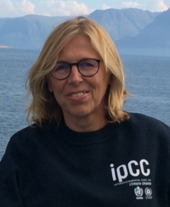
Dr. Renate Christ completed her biology studies at the University of Salzburg and has been dealing with the topic of climate change for more than 30 years. After several years in research, she worked at the Austrian Ministry of the Environment, the UN Environment Programme in Nairobi, and the European Commission in Brussels. She was actively involved in the negotiation process for the Framework Convention on Climate Change and the Kyoto Protocol. From 2004 until her retirement in 2015, she led the Secretariat of the Intergovernmental Panel on Climate Change (IPCC), which regularly produces reports on the scientific facts regarding climate change. These reports play an important role in the negotiations under the climate convention and were a fundamental cornerstone for the Paris Agreement.
Abstract
This TripleN-Talk features the presentation of the movie The World According to My Dad - Global Home Essay followed by a discussion with the maker and participant Jiří Svoboda. For the movie, a comprehensive and highly critical look at the issue of current global climate disruption and existing efforts to mitigate it has been done. The results demonstrate that this is an unprecedented problem of gigantic proportions in space and time. Existing policy solutions are failing, and the problem is probably solvable only by the most effective tool known: consistent, administratively undemanding financial motivation of all actors in a market un-distorted by subsidies.
The documentary film captures the joint dream of a material physicist and his artist daughter for an effective solution to save the planet. Together, and with humor, they venture into many different platforms where no one is expecting or welcoming of them. On their journey, they try to navigate their way not only around the world of climate politics and the powers behind it but also with each other. The film, produced 2023, won a number of awards at international film festivals.
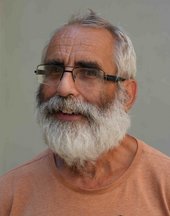
Jiří Svoboda graduated from physics at the Faculty of Science of today's Masaryk University. He studies thermodynamic modeling of transport phenomena and the development of micro-structure in solids at the Institute of Materials Physics of the Academy of Sciences of the Czech Republic. As an established material physicist, in cooperation with foreign experts, he is developing an alloy of the future that is supposed to withstand extremely high temperatures. In his free time, he has been suggesting effective solutions to the climate crisis for decades and designs and builds passive houses according to his conceptual framework which he called Optimalism.

